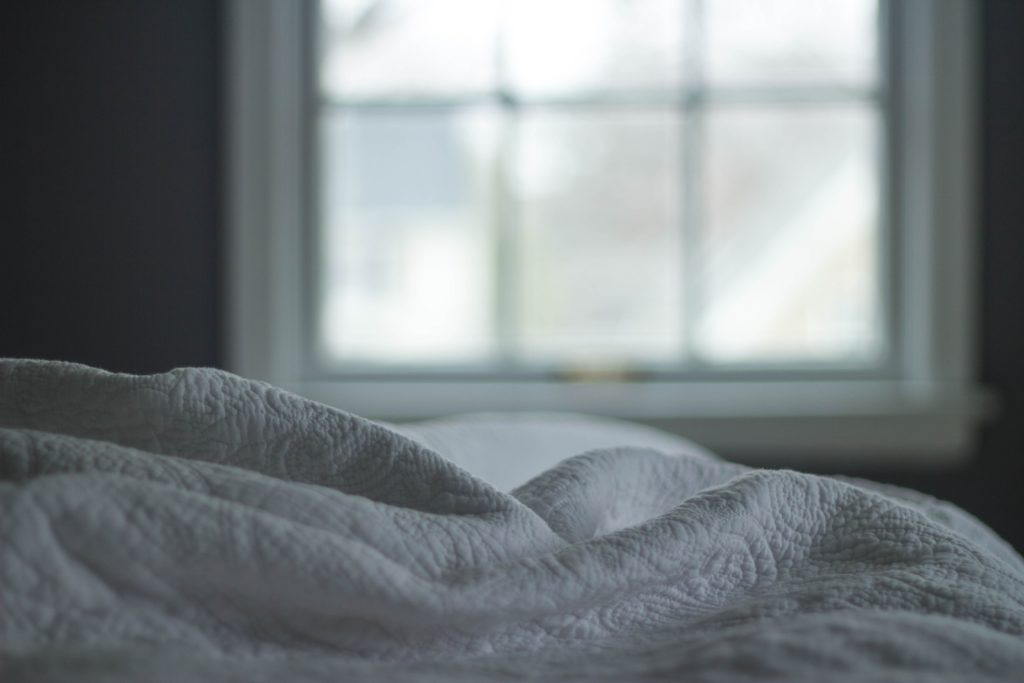While the government continues to debate the value of Daylight Saving Time, we continue in the pattern most of us have known our entire lives. “Fall back” in the fall, “spring forward” in the spring, shifting an hour of daylight in one direction or the other. This month we’ve experienced it again as we set our clocks back one hour, making it lighter earlier in the day and darker sooner in the evening. You probably either love it or hate it but either way, we are all impacted by it.
But, even if we didn’t change our clocks, the tilt of the earth means there is always less daylight during the winter than in the summer. In fact, in Missouri, the winter solstice (shortest hours of daylight per year) equates to approximately 9.5 hours of daylight. In contrast, the summer solstice (longest hours of daylight per year) is nearly 15 hours of daylight, a difference of five and a half hours of daylight. So, no matter whether we are getting the light earlier or later, we still get less light overall in the winter.

This reduced daylight, along with harsher outdoor conditions, can contribute to mental health challenges in the winter months. For many, it is a general sense of sluggishness or depressed mood. However, for others, this experience is severe enough to qualify as seasonal affective disorder (SAD), a mood disorder impacted by seasonal changes. So, whether you are impacted more severely by SAD or you simply want some tips to feel better in the coming months, here are some tips to take advantage of our limited daylight in an optimal way.
How to Use Daylight to Benefit Our Health
At last year’s annual Meeting of the Minds conference, there was a fascinating session on the value of nature, time outdoors, etc. One piece of information I remember very clearly was how beneficial it is to get outside for a few minutes when you first wake up. I couldn’t remember exactly why this was important but then my husband shared this video from Dr. Andrew Huberman, Professor of Neurobiology & Ophthalmology at Stanford, more thoroughly explaining this same topic. We will share the full video for you to watch below (and recommend that you do!) but here are just a few quick stats Dr. Huberman shared regarding optimizing your morning routine and exposure to daylight to benefit your overall well-being.

Quick Stats Regarding Morning Light Exposure
- The goal is not to get perfect sleep every night but to aim for healthy sleep 80% of the time.
- When we don’t get healthy sleep, it disrupts the regulation and timing of several things including energy, hormones, the immune system, etc.
- Every human has a 24-hour circadian rhythm that impacts their sleep cycle. HOW you wake up affects this cycle significantly.
- One of the most important things you can do to set your body on the right schedule is to get 5-10 minutes of natural light into your eyes within one hour of waking up.
- Getting natural light into your eyes sets up an essential cortisol pulse that sets off a cycle for the rest of your day.
- If you do not get natural light into your eyes, stay inside on a computer, phone, etc. it shifts your cortisol pulse until later. It also depresses the dopamine you need for motivation.
- A delayed cortisol pulse pushes back the melanin and parasympathetic nervous system functions needed to help you go to sleep that night.
- In addition to starting your day off with natural light in your eyes in the morning, your hormone, motivation, and energy cycles can be further benefited by exercising in the morning to increase body temperature and delaying caffeine intake by 60-90 minutes after waking.
This is just a small list of the fascinating benefits that can come from using daylight to our advantage, especially in the winter months. The full video also addresses temperature needs around sleep, the link between healthy sleep, testosterone, estrogen, and passion, as well as how to create a mood lift from seemingly contrary or unpleasant experiences.
Thanks to Dr. Huberman and so many other incredible researchers who create accessible and understandable resources to benefit us in our everyday lives. We are sure to encounter more of these incredible folks at Meeting of the Minds 2023!
Link to Dr. Huberman’s video: The Optimal Morning Routine – Andrew Huberman
November 9, 2022. By Anne Rulo, Author, Speaker, Therapist. www.annerulo.com. FB/IG/Twitter @annemrulo
